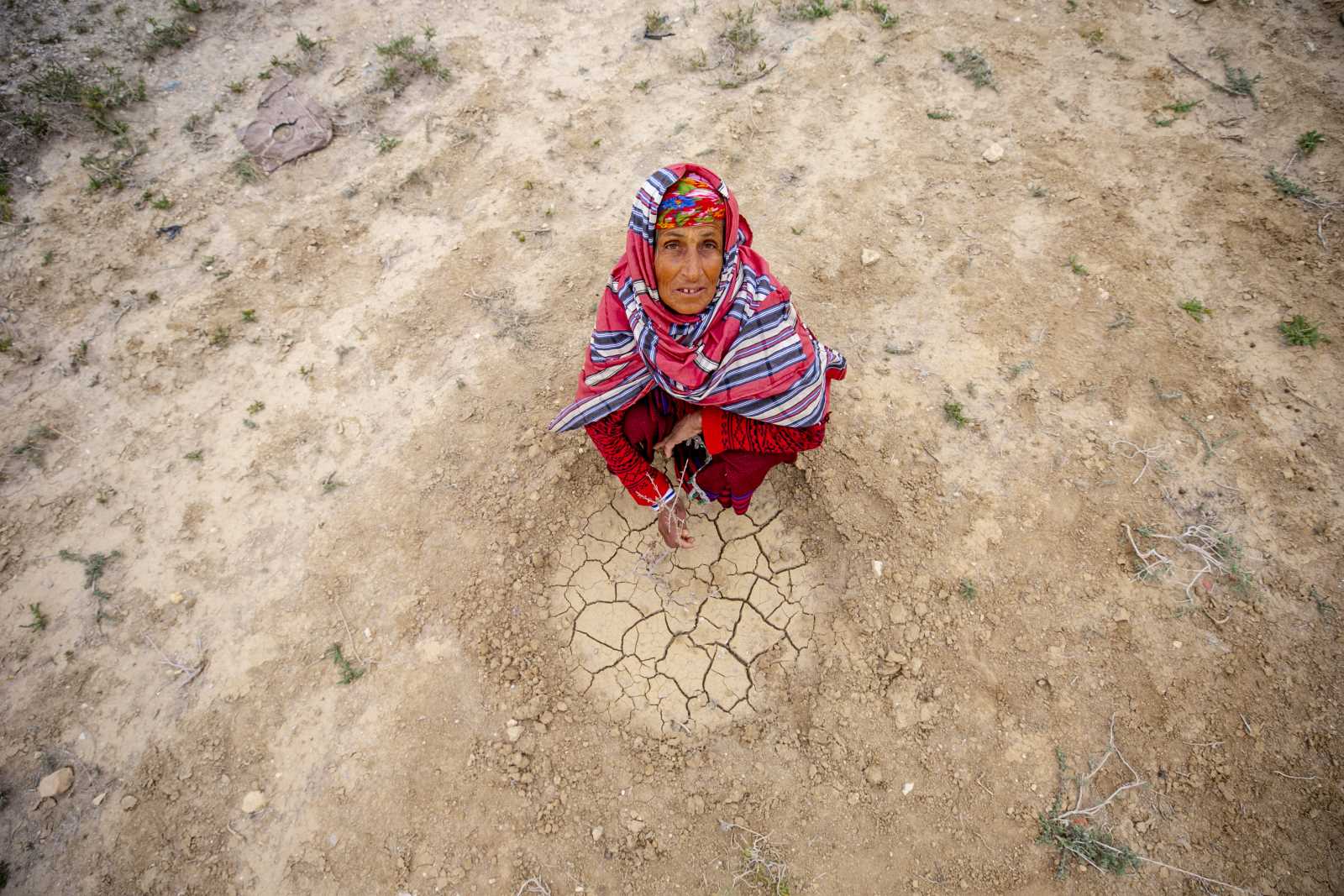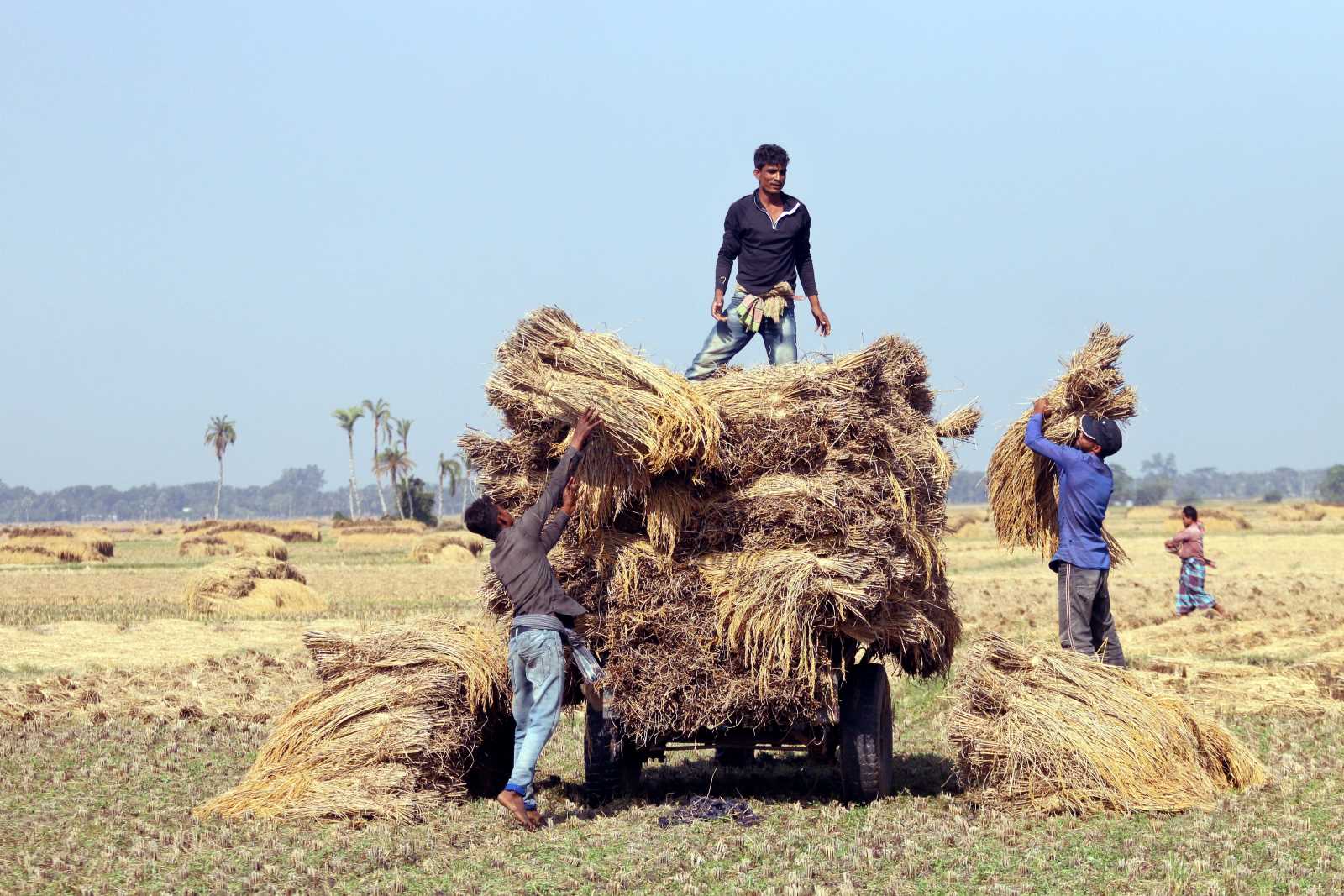Can progress be bad?
The children had to clean out latrines. A recent report by Survival International has revealed their plight to an international public.
I got interested in Survival International, which supports indigenous and tribal peoples around the world. I took a closer look at the report with the headline “progress can kill”. That is a provocative slogan. Is progress really bad for indigenous people? Survival International thinks that a certain kind of forced “development” or “progress” does not make tribal people happier or healthier. In fact, very often the effects are disastrous, the organisation writes. Negative outgrowths are various forms of abuse and addiction of indigenous people, like the mentioned children of the Congolese Bayaka tribe, who get glue in return for their work. Survival International states that, across much of central Africa, dispossessed hunter-gatherer tribes are frequently paid in addictive substances, most commonly home-brewed alcohol.
Another negative effect of a modern life style for indigenous people besides alcoholism and addiction is malnutrition, according to Survival International. On the one hand indigenous people tend to be overweight at an early age – consider Aborigines in Australia and native peoples in North America. On the other hand, tribal peoples like the Guarani in Brazil suffer hunger and cannot feed their children properly. Suicide rates are high among indigenous people and in general they have a much lower life expectancy than the average people of their countries, the report says.
Though not all facts are new, they are shocking in sum. Survival International traces one grievance as the main trouble for indigenous people: the expulsion from their land. “The most important factor by far for tribal peoples’ well-being is whether their land rights are respected”, Survival International states.
In many countries indigenous people belong to the poorest and most vulnerable population groups. They usually rely on a large territory if they are hunters and gatherers, or they need a lot of arable land for extensive traditional farming. As a result these people stand in the way of big companies who want to turn their land into big agriculture plantations or need it to implement huge infrastructure projects. But not only the big actors are a threat. Poor farmers from the majority population may want to set up smallholder farms on land used by indigenous groups.
Survival International wants the rights of tribal peoples to be recognised and respected. Real progress, in this perspective, starts with the right of indigenous peoples to determine their own future. This stance makes sense, but it entails the risk of romanticising indigenous peoples. In many ways, they have the same problems as smallholders and other marginalised groups do. They are in danger of being driven from the land they depend on and of losing their livelihoods. All of them need a voice that is heard and be empowered to fight for their rights. They need to be informed of human rights. This kind of empowerment would be real progress for everyone who is marginalised.















